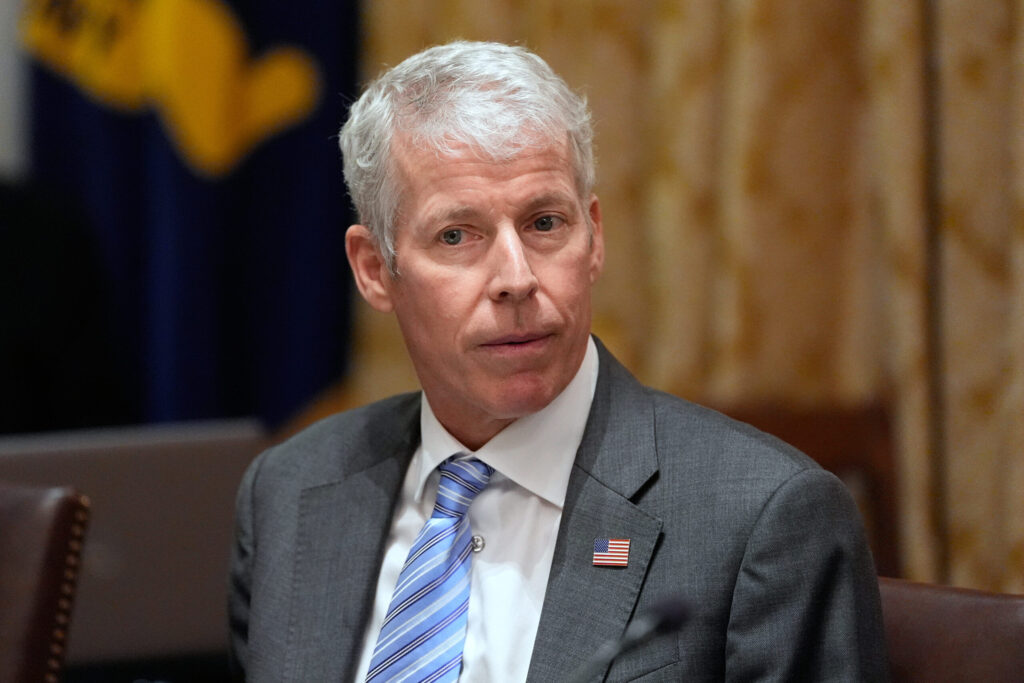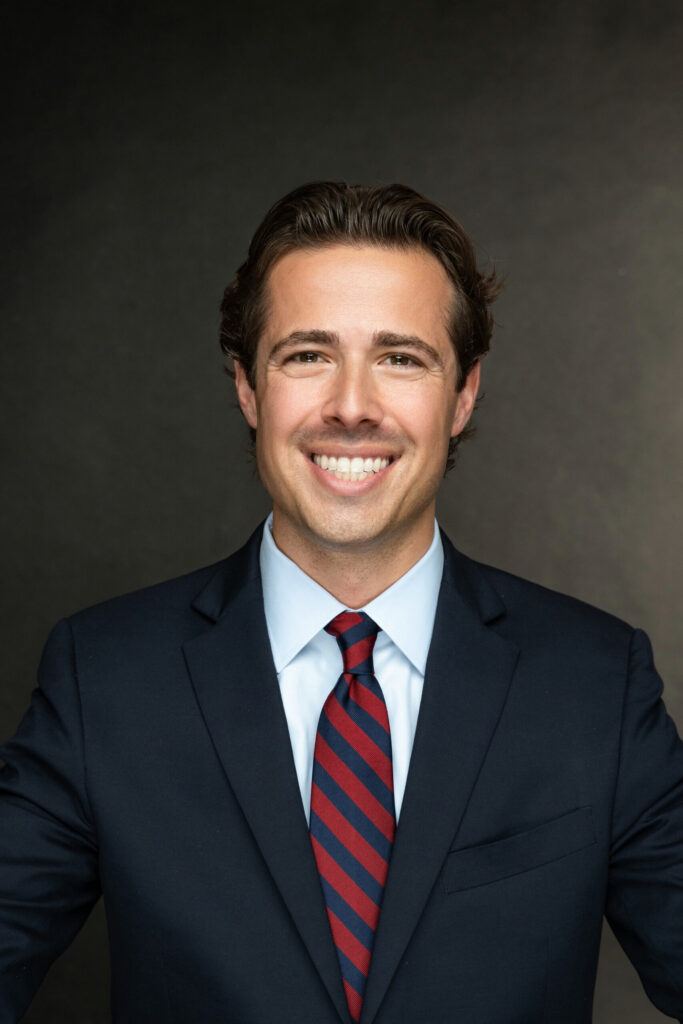New legislation prioritizes mental health care over punishment | OPINION
When someone is experiencing a mental health crisis, the last place they should end up is in jail. Yet, for too long, Colorado has lacked the crisis response infrastructure necessary to ensure people in mental health distress receive appropriate care rather than punishment. Too often, law enforcement is our first and only response to people experiencing a mental health crisis, leading to the discriminatory incarceration of Coloradans with unmet health needs. This is tragic and unacceptable. Senate Bill 42, which was recently passed with bipartisan support and signed into law by Gov. Jared Polis, offers a long-overdue solution.
At Mental Health Colorado, we strongly support SB-42 because it takes a comprehensive approach to improving crisis response statewide. The bill advances alternative response programs, co-responder programs and mobile crisis units — ensuring when someone is in distress, they receive help from trained professionals who understand their needs. This is not just a moral imperative; it is also a practical, cost-effective approach to prevent unnecessary incarcerations and emergency room visits while improving health outcomes and public safety.
Stay up to speed: Sign up for daily opinion in your inbox Monday-Friday
We know these programs work. Across Colorado, communities that have implemented alternative crisis response models have seen remarkable success. With local variations, crisis response programs in Boulder, Denver, Douglas, El Paso, Larimer, Summit, Weld, and other counties reduce law enforcement involvement in mental health crises, prevent unnecessary hospitalizations and connect people with long-term care. However, many small and rural communities lack the commitment, resources, or expertise to establish these programs on their own. SB-42 provides the framework and guidance needed to help local governments build crisis response models that work for their unique populations. By evaluating existing models and sharing best practices, this bill helps ensure every Coloradan, regardless of where they live, has access to effective crisis response services.
Beyond supporting local programs, SB-42 also establishes a funding pathway to ensure providers can be reimbursed for their services. This is a key piece of the puzzle that ensures crisis response programs can survive and proliferate. When providers are fairly compensated, they can focus on delivering high-quality care rather than worrying about financial instability.
Finally, SB-42 prioritizes accountability and transparency. When we ask taxpayers to invest in expanding mental health services, we must ensure funds are used effectively. This legislation aligns with the goals of the Behavioral Health Administration (BHA) by strengthening oversight and ensuring crisis response services meet the needs of Coloradans.
Our state has made significant progress in recent years improving mental health care, but gaps in crisis response remain a serious problem. Without an adequate system of care and appropriate ways to respond to people in crisis, we criminalize mental health conditions, clogging our judicial system with people who simply need our help. SB-42 builds on the successes of existing programs and provides a roadmap for continued improvement.
Our state is in the midst of a severe and ongoing mental health and substance use crisis, and our friends, family members and neighbors who are struggling deserve dignity, respect and compassionate care. Thank you, Colorado legislators and Gov. Polis, for passing SB-42 to help build a crisis response system that prioritizes care over punishment. Thanks to bipartisan support from our elected leaders, this policy will create a healthier, safer, and more compassionate Colorado.
Vincent Atchity is president and chief executive of Mental Health Colorado. He is an advocate for public health and health equity; has worked statewide and nationally as leader of the Equitas Project to disentangle mental health and criminal justice and promote care not cuffs, and has served on the Colorado Governor’s Behavioral Health Task Force and Behavioral Health Transformational (ARPA) Task Force.












